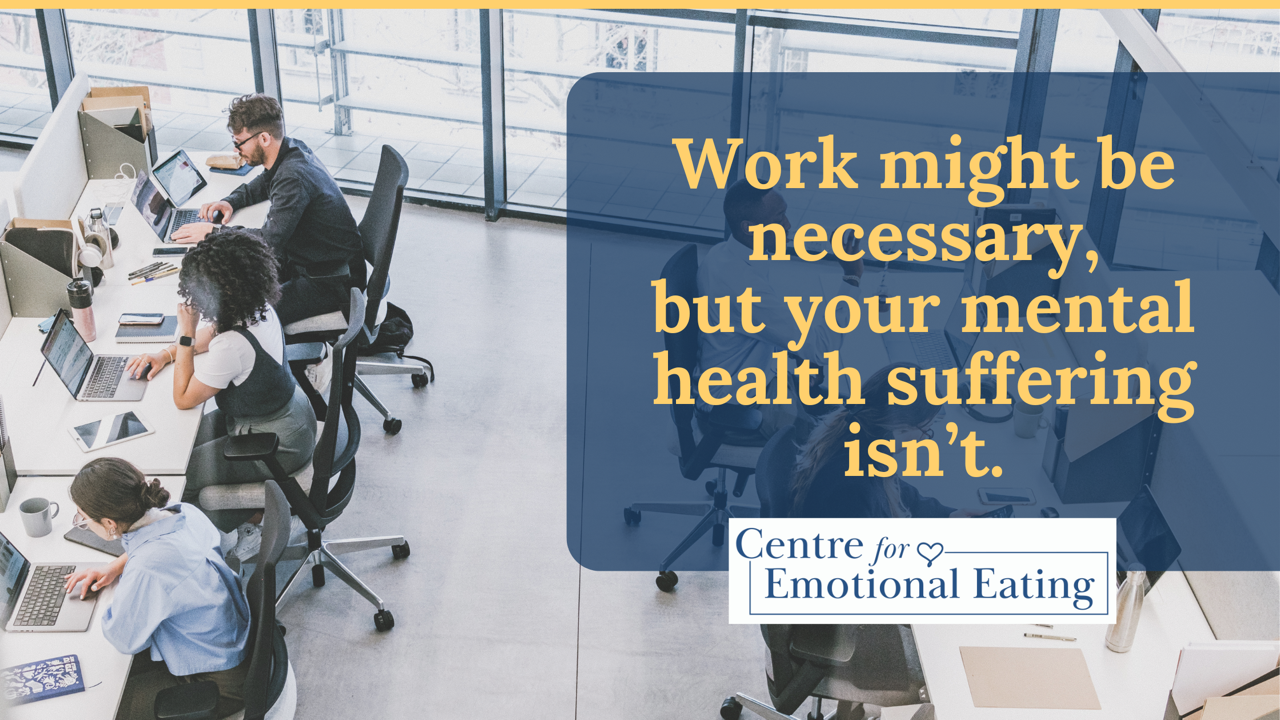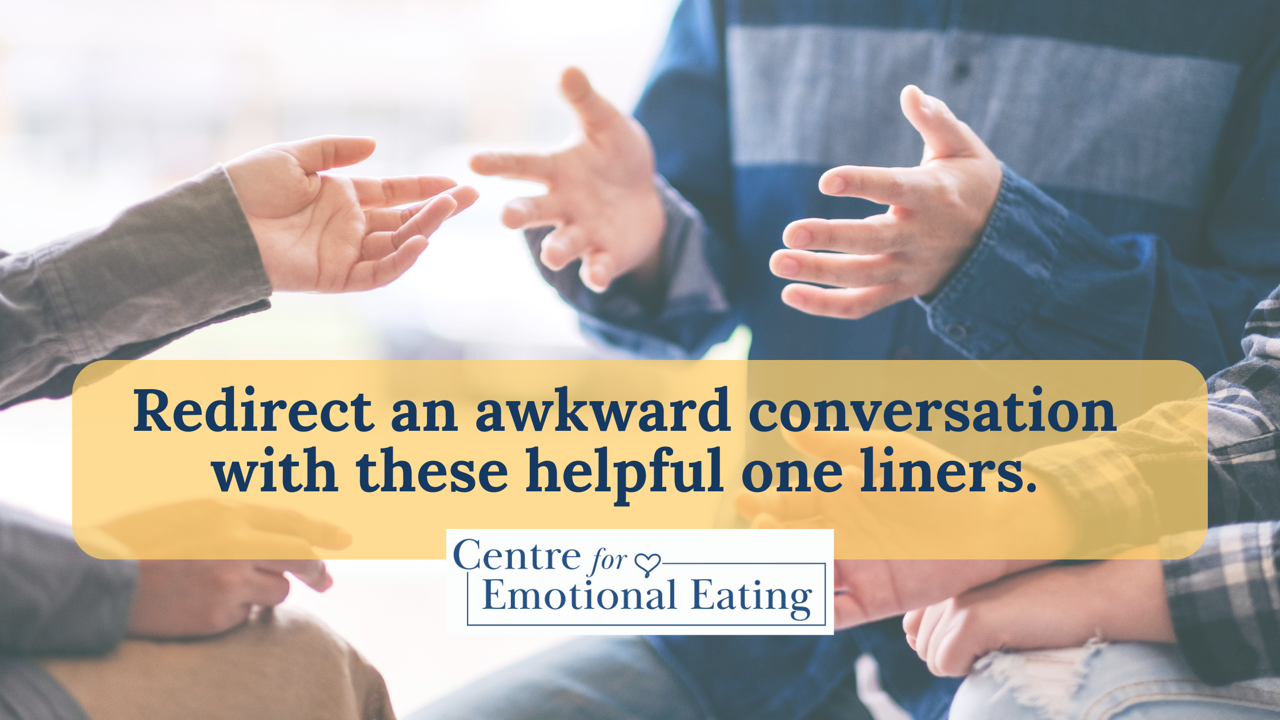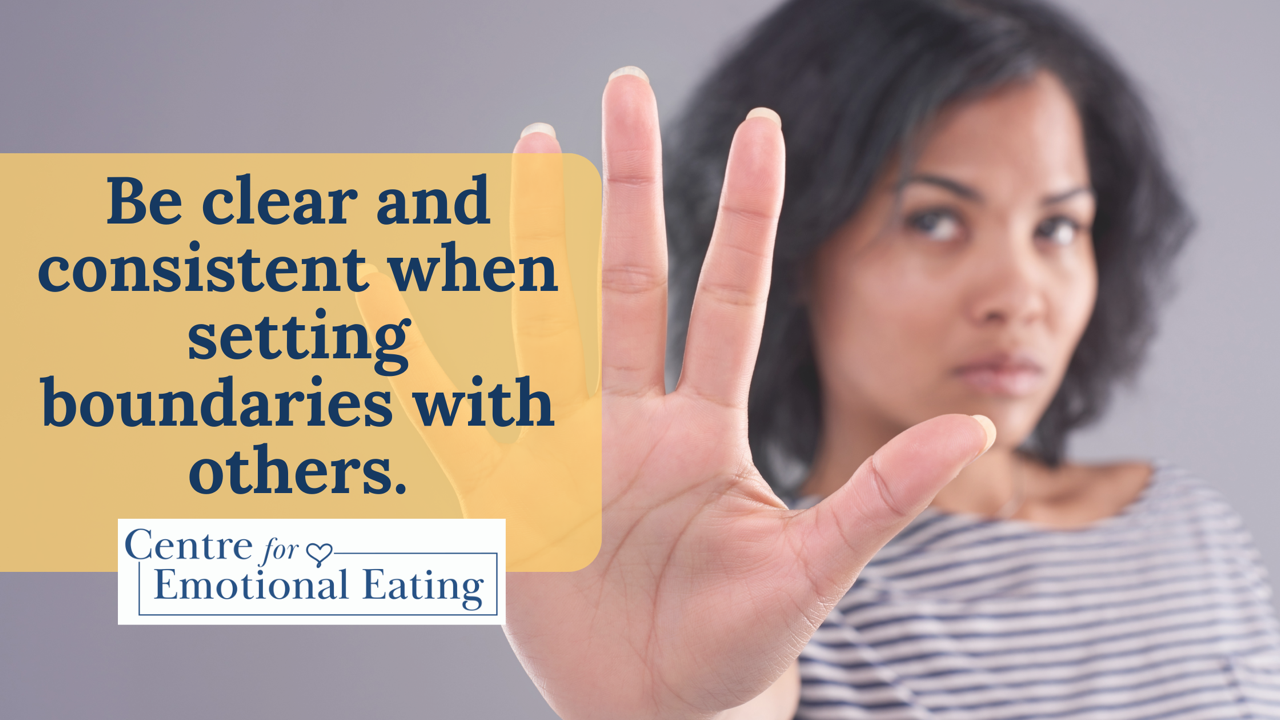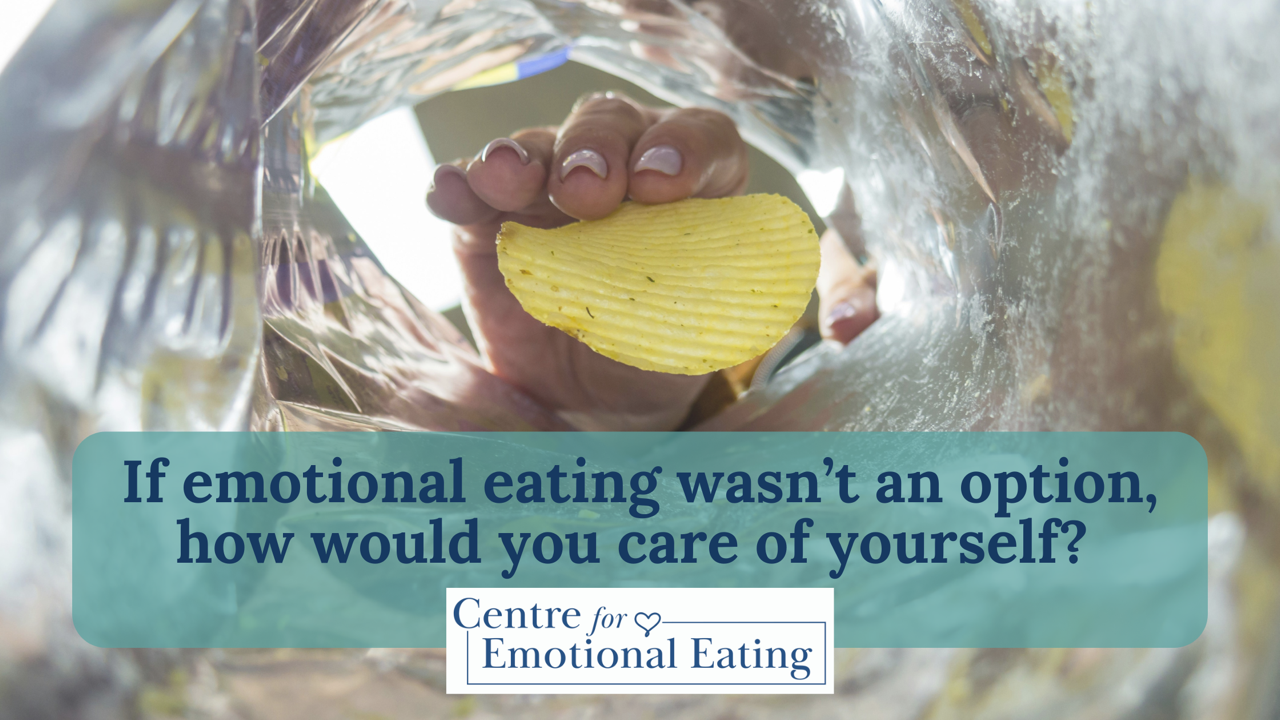BLOG
Find support not just for emotional eating, but all aspects of your well-being.
Supporting Your Mental Health at Work

No matter what you do for work, chances are it is a stressor in your life. Even if you enjoy your job, there might be tasks or colleagues you’d rather not deal with. Work is a necessity not just for income, but also purpose, goal setting, community, and future planning.
That doesn’t mean it isn’t stressful.
Below are a number of ways you can support your mental health as a worker.
Basic Maintenance Goes a Long Way
You might already know that routines, rituals, and structure can support your well-being, so focusing on identifying working hours (and rest or play hours), practicing good sleep hygiene, and implementing boundaries around your work phone or logging in can be incredibly helpful for supporting your mental health. It can also be helpful to create a transition ritual where you let your nervous system know that you are changing from work you to home you. Listen to a meditation app on your commute or change clothes as soon as you are home. These can signal to your body that it...
Real Scripts You Can Use this Holiday Season

Social gatherings can be stressful at the best of times: they require your time, energy, money, and you have to figure out what to wear. Add in the expectation that someone will comment on your weight, what you’re eating, how you vote, or how you choose to live your life and the anxiety can build as soon as the event is on your calendar.
If you are already dreading a few get-togethers on your calendar, below are some helpful scripts you can use to shut down unwanted comments and criticism. Read through and choose which ones might be helpful to you. Feel free to bookmark this blog post or take a screen shot on your phone so you can come back to this anytime you need to feel empowered to redirect an uncomfortable conversation.
Try being warm and polite:
- “It’s the holiday season, let’s focus on the positive. What are you excited about right now?”
- “Let’s keep things light today. Tell me something wonderful that’s going on with you lately?”
Try being gentle but clear:
- “That is ...
How to Set Personal Boundaries

Setting boundaries with other people can feel very challenging. It pushes against our desire to keep the peace, challenge those we love, out of fear of rejection. But they are an essential part of maintaining your well-being and healthy relationships.
Benefits of Boundaries
Your boundaries are personal to you—they’re the guidelines you set to protect your body, mind, energy, and lifestyle. That’s a pretty powerful thing. For example, setting boundaries with others can include how frequently or quickly you respond to calls and texts, saying “no” when you don’t have time or interest in something, or pushing back on critical comments.
While you might feel uncomfortable to set boundaries, doing so can support your mental health, financial stability, help you feel more confident, and even create healthier relationships. Often others will respect you for knowing what you are and aren’t comfortable with, and stick with it.
While you may need to communicate your boundaries to others, you d...
Reparenting: Learning to Support the Younger You

Often here at the Centre for Emotional Eating we talk about how your patterns and habits with food are influenced not by the cravings themselves, but the root cause behind what makes you act.
For many, the root cause can be found in childhood or adolescent experiences. This is because as our brains and bodies grow, we are learning and are influenced by examples displayed around us—to finish what’s on our plate, diet talk, stuffing down emotions, just to name a few. We learn from parents, caregivers, teachers, coaches, siblings, and friendship circles! But not all of these lessons will serve you as you grow into your own adulthood, some might be downright painful or destructive.
It is incredibly common to reach a point in your adult life and know things need to change but not know how. This is where therapy can be a very helpful tool in helping you sort through your thoughts and feelings, gain confidence to make your own decisions, and help you feel more resilient.
And one effective ...
Client Insight: “It felt scary when therapy started to change how I saw myself and others.”

Doing the work in therapy often comes with challenging the stories you’ve always told yourself. Over time we solidify ideas about ourselves, our relationships, and the world around us. This can sound like:
“I’m broken.”
“I’ll always be an emotional eater.”
“My mom did the best she could.”
But as you face these narratives about yourself, you’ll start to find the wiggle room, the space to start re-thinking how you see yourself and what that means for your identity. This can feel destabilizing! It is scary if you always thought of yourself or those in your life one way, only to unpack that things are different that they first appeared. It can feel easier to stick with the familiar way you’ve always understood your family and friends, and even yourself.
While this experience is uncomfortable, it is also a great sign that therapy is getting to the root of your experiences. Let’s flip the script: changing how you see the world is like taking off a pair of tinted sunglasses.
Let’s try t...
Make Your Own Holiday Traditions

There is something about the holidays that bring out our perfectionist side. From the ideal tree to picture-worthy cookies, flawlessly wrapped gifts to lights decorating your home, it seems there is only one vision of the holidays... And it is a very detailed, expensive, and time-consuming vision. It might be a magical season, but that magic is created by us!
That also means you get to decide what makes the holidays special!
Think of this blog as your permission slip to celebrate the season in a way that feels good to you… not just look good! We grow up with all kinds of traditions of what we’re “supposed” to do to celebrate, but the truth is, there is no wrong way to celebrate the season!
Here are some ideas to get you started:
- Decorate when and how you want. If twinkle lights hung in November makes you feel joyful and cozy, put them up! If it stresses you out to decorate right now, you can wait or only pull out only a few decorations when you feel like it.
- Have a potluck with ...
3 Emotional Eating Tips to Survive the Holidays

The snow isn’t the only thing swirling as we face the holiday season: emotions can feel all over the place as we’re faced with more things on our to do list that usual. Plus, there are so many opportunities where we are faced with food: dinners, potlucks, parties! If you’re an emotional eater you might dread this time of year.
But you don’t have to feel helpless. Below are three key things you can implement right now to start feeling calmer around food.
This time of year might bring with it specific family recipes you look forward to or limited-time store-bought items you crave. But this mindset can have you believing that these foods are scarce and you have to eat them every chance you get to make sure you take advantage of them being available.
- Try this: Start by giving yourself permission to eat the things you really enjoy. Practicing this means you’ll be much more satisfied by what you put in your mouth. And an interesting mental shift can happen when you know you can eat what ...
Why You Shouldn’t Fear Change

One of the interesting (and powerful!) things of becoming an adult is realizing that you can continue to evolve as you age. It is through discovering new parts of ourselves—likes/dislikes, values, and desires—we start to grow into a new version of our identity.
The more time you can spend doing things that make you feel good—work that is fulfilling, friendships that support you, movement that revitalizes you, clothing that reflects your aesthetic—the less you are likely to reach for food to fill those needs. You’ll never be able to do away with all the unpleasantness of life (bills need to be paid), but having things you look forward to can help ease emotional eating when these stressors do come up because you have something positive to rely on.
But all this personal growth, leaning more into and learning more about yourself, can feel both comforting (you’re not stuck!) and destabilizing (it feels new and overwhelming). You might notice feelings of sadness or grief crop up as who you...
Aligning Your Values with Your Relationships

When it comes to supporting our mental health, we tend to start with the big things: the quality of our sleep, what we eat, going to therapy, taking medication. This can lead to more confidence and awareness which are powerful tools! But you might also begin to notice that working on yourself has shifted your relationships with others in ways you didn’t expect.
As you implement changes in your life and your perspective shifts, you might find you grow annoyed or feel critical towards others you usually have felt ok around. You might even feel like you can’t show or talk about who it is you’re becoming. Your immediate reaction might be to blame yourself, piling on the guilt that you’re a “bad friend” or a “bad person” because you’re thinking about others differently, even critically.
If you dig past those uncomfortable feelings, you’ll notice that it isn’t about them, but that getting clearer on your values (and setting boundaries that go along with them) means you no longer align with...
How to Trust Feeling Good After Life Throws You a Curveball

Being on the other side of a challenging life changing event can feel destabilizing. After a period of new levels of anxiety or depression symptoms, you don’t trust feeling good. The truth is that you’re no longer used to feeling positive.
You might feel foolish for not immediately embracing the good, but this lack of trust is much more common than you think! Below we’ve outlined the three stages you can expect when you’ve done the work to move through big emotions and negative experiences.
Step One: You Can’t Believe It
At some point in your recovery, you will notice a subtle shift. It might be in a therapy session when you realize you’re talking about your experiences differently or it might be a moment during your day where you think or react differently than you would in the past. This might be accompanied by a rush of gratitude: you’ve made a change and are “on the other side.”
This will likely be immediately followed by mentally shutting down recognizing (or celebrating!) thi...


